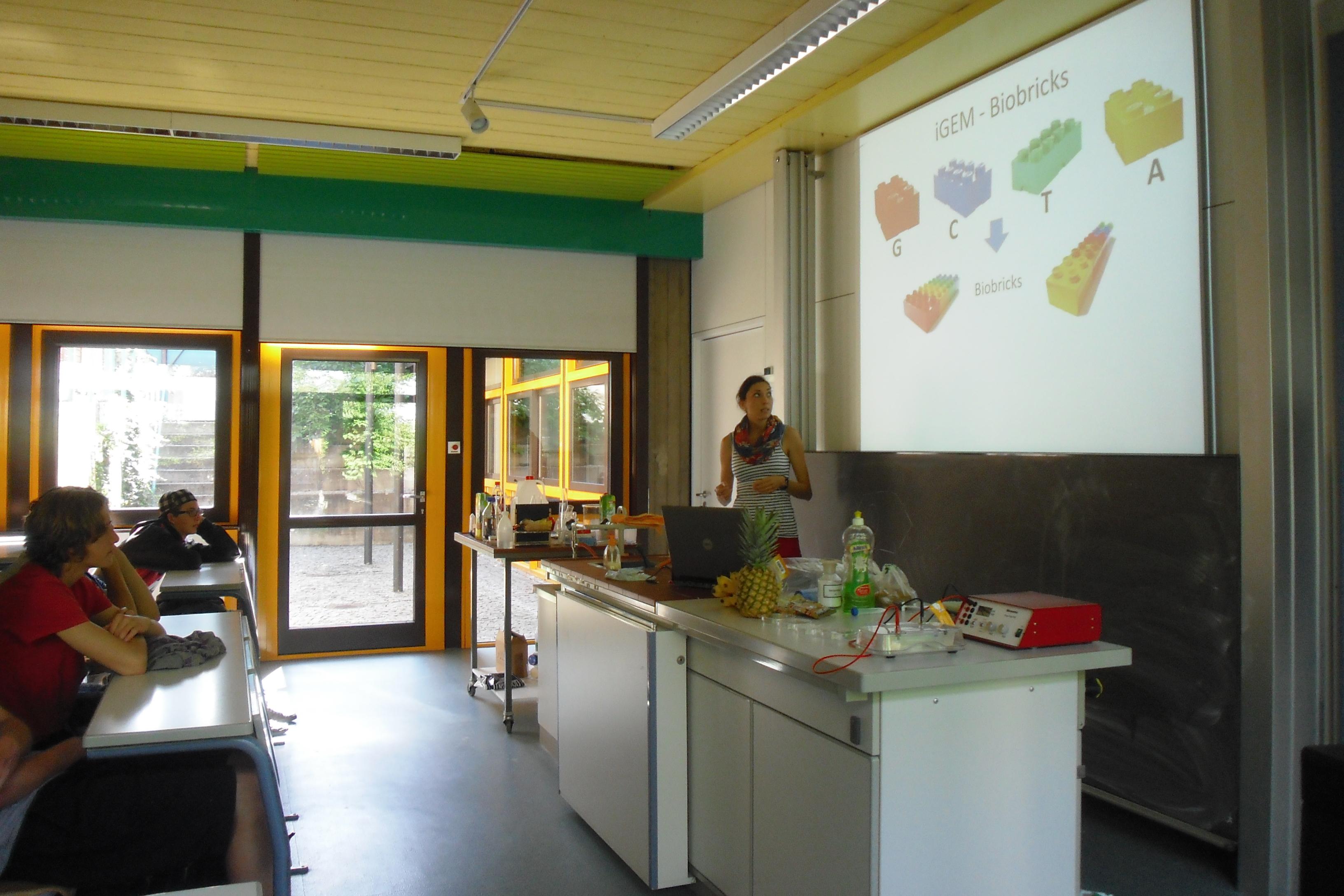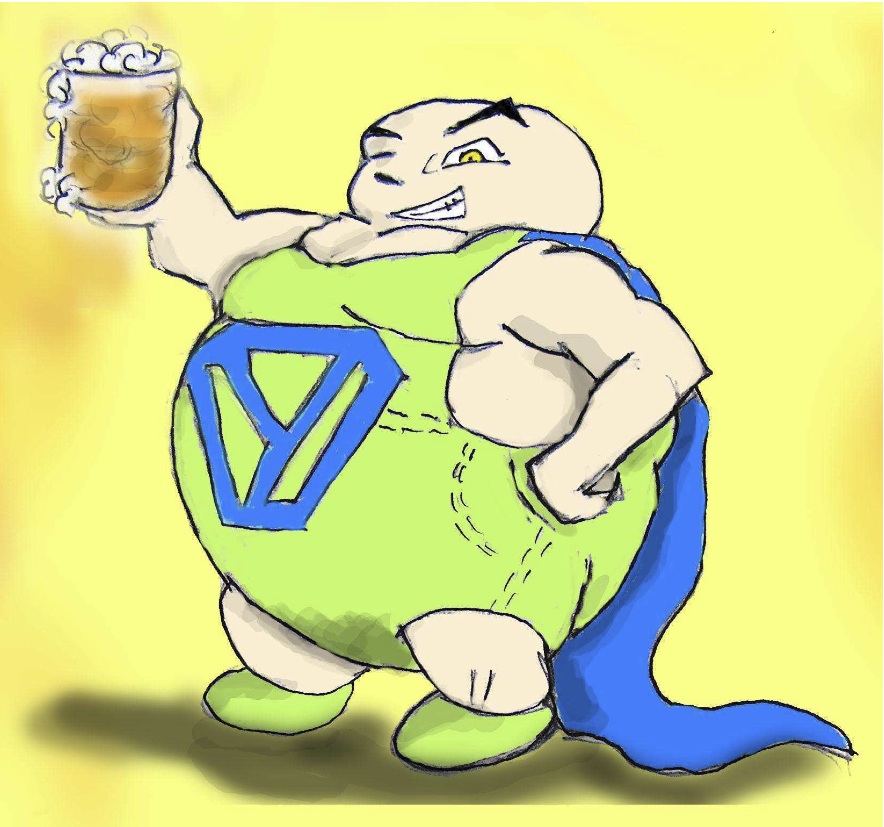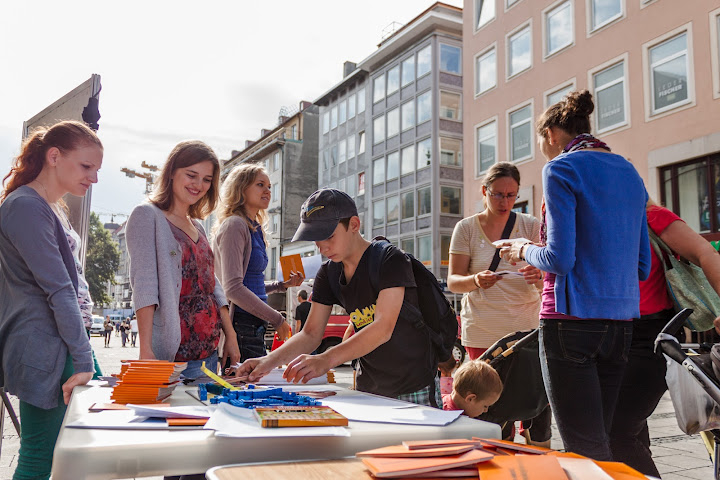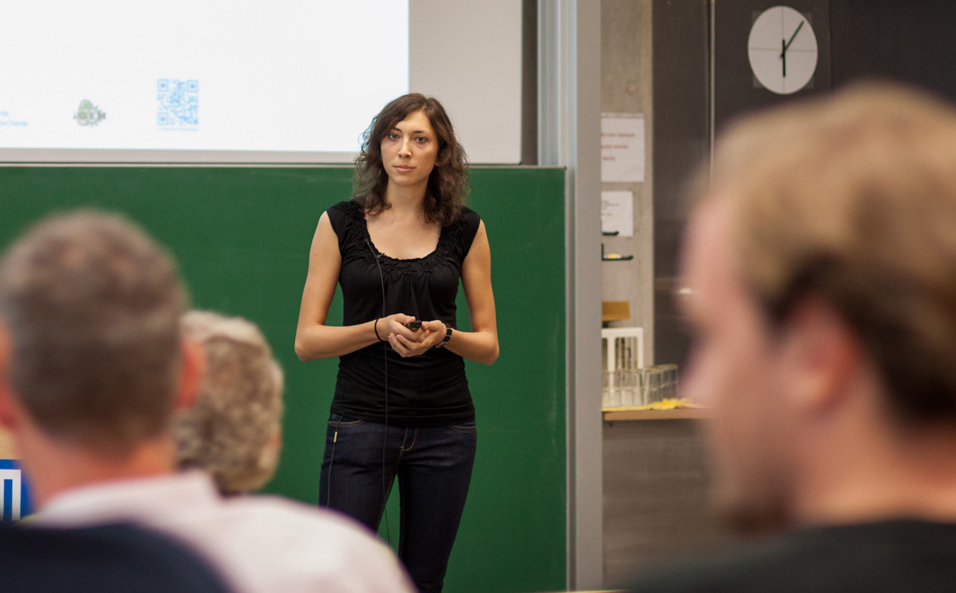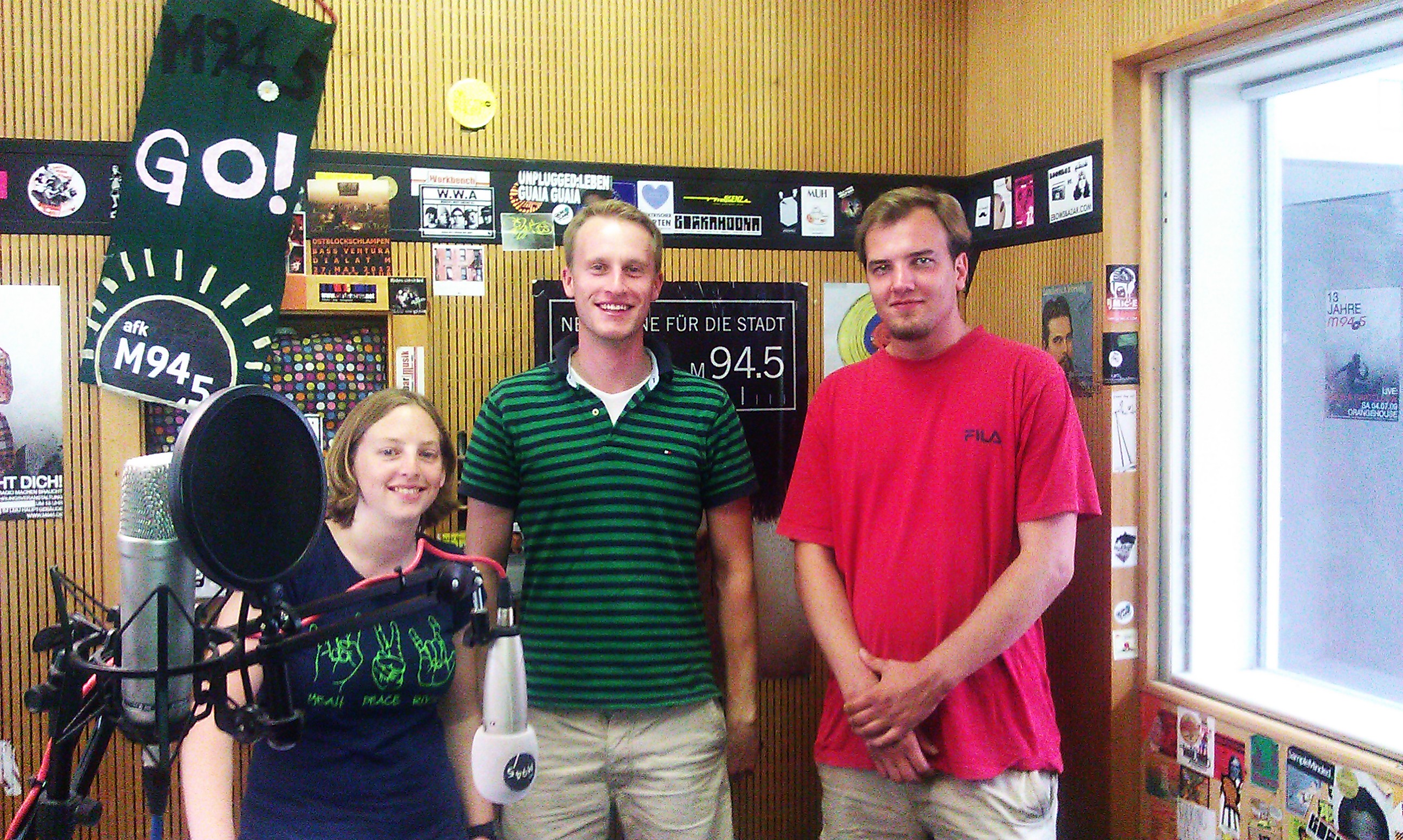Team:TU Munich/Human Practice/Overview
From 2012.igem.org
(→GMO in Food) |
Nadine1990 (Talk | contribs) (→Information Day) |
||
| Line 80: | Line 80: | ||
<div class="noborder" style="float:right"> | <div class="noborder" style="float:right"> | ||
| - | <html><a href="https://2012.igem.org/Team:TU_Munich/Human Practice/ | + | <html><a href="https://2012.igem.org/Team:TU_Munich/Human Practice/Information_Day"><img width="200px" src="https://static.igem.org/mediawiki/2012/3/33/TUM12_readmore.png"/></a></html> |
</div> | </div> | ||
</div> | </div> | ||
Revision as of 12:25, 25 September 2012



Contents |
Overview
Our project envisions genetically modified organisms in the scope of food production. In Germany genetic engineering is a highly sensitive topic. Keeping in mind that Germany has a long tradition of brewing beer it is even more important to inform the general public about synthetic biology and our project.
Therefore, our team hosted a variety of “Human Practice” events in order to reach as many people as possible. To inform the younger members of our society about our project we visited a class of 10th and a class of 11th graders. An interview at the local student radio station gave us the opportunity to present our team and our mission to fellow students. In addition a comic was designed that illustrates our project in a playful way. Two versions of this comic were drawn: one for children and one for grown-ups.
Our team also addressed the general public with a multitude of events. Laborwelt.de was our most important media partner. Moreover other newspapers and websites reported about our team and project and a movie presented our project and explained the basic ideas of synthetic biology. A nationwide information day was organized in cooperation with other German iGEM teams. Our team also invited politicians and scientists to discuss the impact of genetic engineering in food production.
GMO in Food
Genetic Engineering or Genetic Modification of food is an issue that is present in the media all over the world [http://www.globalissues.org/issue/188/genetically-engineered-food]. There are a lot of people who are critical and skeptical about genetically modified (GM) food. The opponents of genetic engineering are wondering if food produced from genetically engineered organisms is safe. They are afraid of eating GM food because they think that the food can interfere their normal bodily functions. Yet a lot of food that we eat every day contains genetically modified ingredients and we don’t know it [http://www.globalissues.org/issue/188/genetically-engineered-food]. Consequently labeling GM food is another important issue that is often raised in controversies over genetic engineering of food. Especially in Germany these controversies are very popular and have led to many disputes, protests and restrictions.
Unfortunately many people who debate about genetic engineering have only little background knowledge. Consequently the content of the discussion is often unobjective and emotional. A negative effect of GM food on humans is not approved sufficiently yet. Supporters of GM food say that genetic engineering of crops for example is needed to address the world’s food needs. In this case the sustainability of food security and availability is an important topic because the population increases [http://www.globalissues.org/issue/188/genetically-engineered-food]. Biotechnological methods could help increase food production since generating genetically modified crops can provide protection from pathogens. Besides fewer insecticides and other chemicals are needed. Another aspect in generating GM food is to modify the nutritional value of the food. One example is the so called “Golden Rice” that has a higher concentration of vitamin A than normal rice.
Green genetic engineering is not only a scientific issue, but also a political, social and commercial one. That’s why our project addresses the populace. It is an important issue for almost everybody in the population and it is a really present and much debated topic. In Germany, there is a lot of research in the field of green genetic engineering done. However the step to the application of GM food is still difficult. That’s why the iGEM TU Munich Team wants to inform people about genetic engineering in general and to moderate the concerns about it. Besides we want to lay the foundations for a new generation of functional food by producing iGEM’s first and finest SynBio Beer.
School Visit
On July 24th, two of us visited the Joseph-Bernahrt-Gymnasium to give exciting talks about synthetic biology, iGEM and our project. In addition students could get their hands dirty trying to reveal some of the genetic secrets of bananas, pineapples and "gummi bears".
Public Relations
Throughout the entire project we used different media channels to inform the general public. Our cooperation partner was Laborwelt.de. In addition we kept our followers up to date using a variety of social media.
Comic
Our team designed a comic introducing our hero "Super Yeast". In an entertaining way the comic explains the idea of synthetic biology and our project. We created two versions of the comic: one for children and one for grown-ups. Have a look and find out what our hero experiences!
Information Day
On August 25th, German iGEM teams informed the general public about synthetic biology and iGEM. This nationwide information day was a joint effort to inspire people all over Germany and spread the word about synthetic biology.
Politics
On September 18th, we invited the general public to an evening full of presentations and an interesting panel discussion. Experts gave comprehensive talks and during the panel discussion scientists and politicians debated on genetic engineering in food.
Movie
In total we produced two movies. One in cooperation with an online magazine called "Wissen + Konzepte" to highlight the scientific part of our project and another real Bavarian one to demonstrate our Bavarian pride.
Radio Interview
On August 19th, three of us gave an interview at a local radion station. Nadine, Fabian and David talked about synthetic biology, iGEM and our project.
References
- http://www.universityworldnews.com/article.php?story=20090528173643889
- http://www.study-in.de/en/community/tandem-reporters/--16453
- http://oneco.biofach.de/en/news/?focus=ce188f4d-46b2-4f0c-9b55-64cc1ecadf40
- http://www.care2.com/greenliving/germany-decides-genetically-modified-foods-are-not-welcome.html
- http://expertlywrapped.wordpress.com/2012/01/25/basf-plant-science-leaves-europe-for-us/
- http://insight.kellogg.northwestern.edu/index.php/Kellogg/article/the_fall_of_german_biotech
- http://www.bvl.bund.de/EN/06_Genetic_Engineering/genetic_engineering_node.html
- http://www.gmo-compass.org/eng/news/546.german_constitutional_court_confirms_biotech_law.html
- http://www.leopoldina.org/uploads/tx_leopublication/200910_NatEmpf_Gruene_Gentechnik-EN_01.pdf
- http://www.bfn.de/0301_gentechnik+M52087573ab0.html
- http://www.globalissues.org/issue/188/genetically-engineered-food
- File:TUM biotech in Germany.pdf
 "
"
